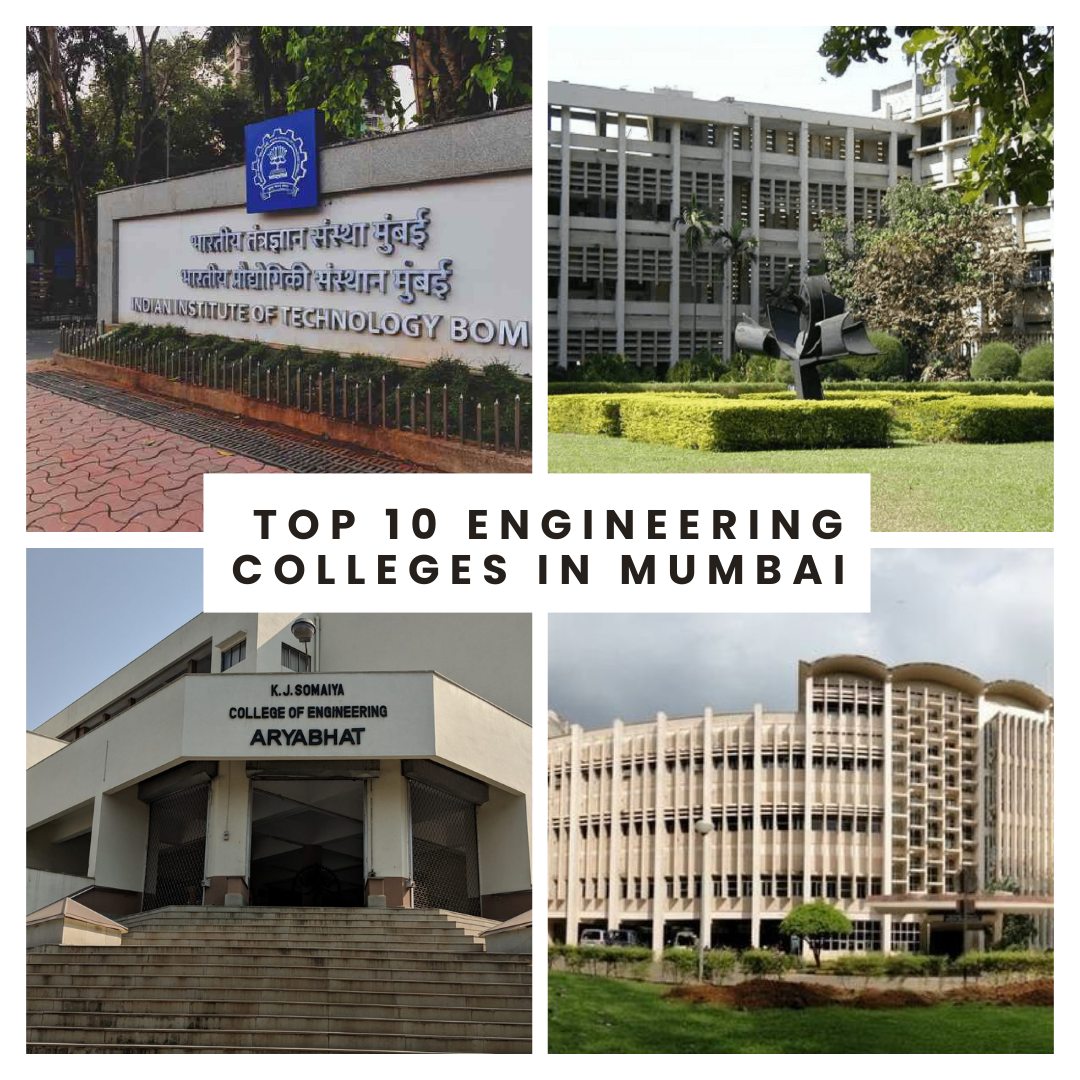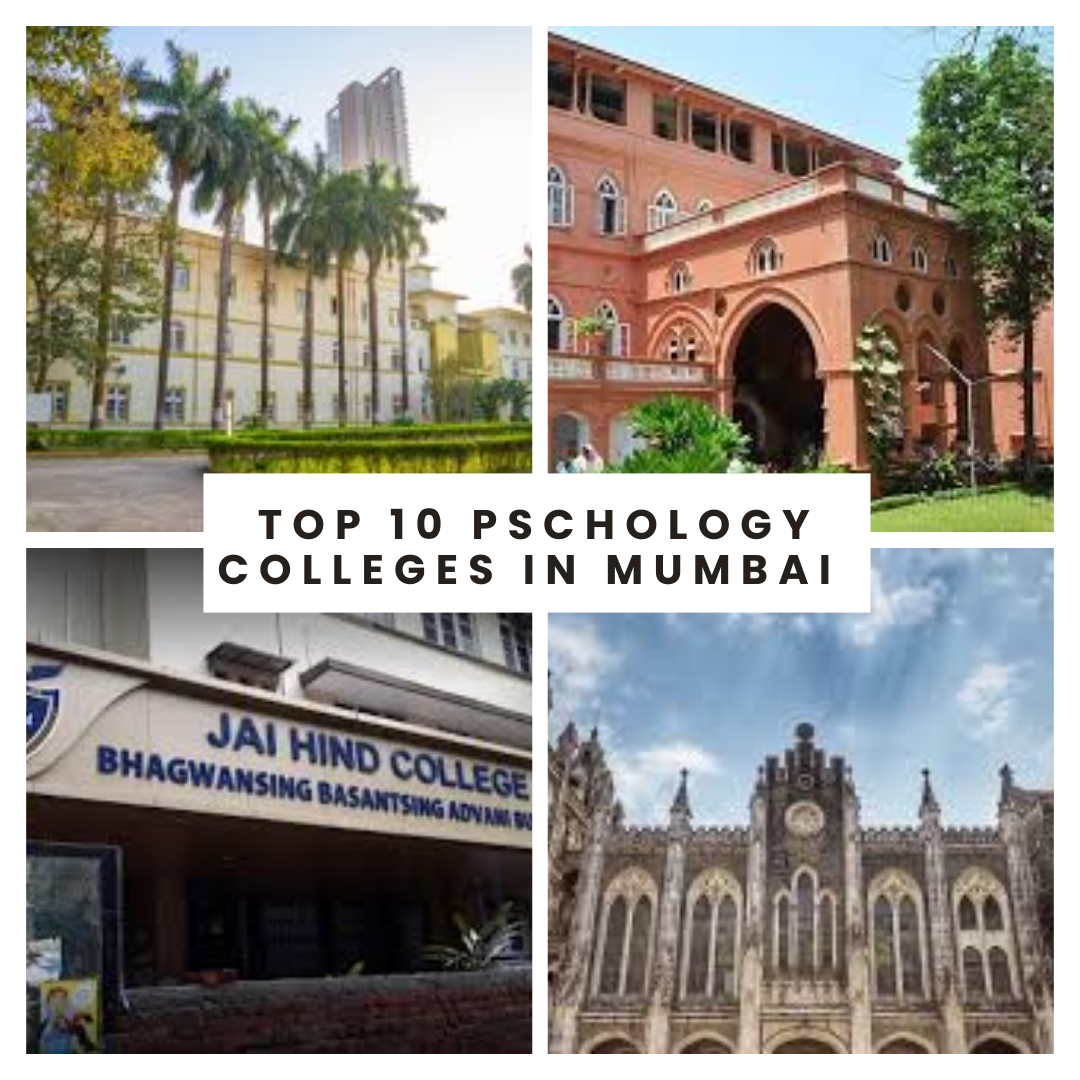
After completing the 10th grade, students who have a keen interest in subjects like Physics, Chemistry, Biology, and Mathematics can opt for the Science stream. This stream offers a plethora of opportunities for higher education and career paths in engineering, medical sciences, research, and technology. Here’s an overview of the prominent courses available in the Science stream:
- Science (Class 11th and 12th)
- Description: The Science stream in higher secondary education (Class 11th and 12th) forms the foundation for various professional courses. Students can choose between two main groups: the PCM (Physics, Chemistry, Mathematics) group for engineering and related fields, and the PCB (Physics, Chemistry, Biology) group for medical and life sciences.
- Subjects:
- PCM Group: Physics, Chemistry, Mathematics, and optional subjects like Computer Science, Physical Education, etc.
- PCB Group: Physics, Chemistry, Biology, and optional subjects like Mathematics, Biotechnology, Physical Education, etc.
- Career Opportunities: This foundational course prepares students for entrance exams for engineering (JEE), medical (NEET), and other professional fields.
- Bachelor of Science (B.Sc.)
- Description: B.Sc. is a three-year undergraduate program offering specialization in various science disciplines. Students can pursue B.Sc. in Physics, Chemistry, Biology, Mathematics, Computer Science, Biotechnology, and more.
- Specializations: Physics, Chemistry, Mathematics, Biology, Computer Science, Environmental Science, Microbiology, Biotechnology, etc.
- Career Opportunities: Graduates can work in research labs, educational institutions, healthcare industries, environmental organizations, and pursue higher studies (M.Sc., Ph.D.).
- Engineering (B.Tech/B.E.)
- Description: Engineering is a four-year undergraduate program that focuses on technical and practical aspects of various engineering disciplines. Entrance exams like JEE Main and Advanced, state-level CETs, and private university exams are the gateways to these courses.
- Specializations: Computer Science Engineering, Mechanical Engineering, Civil Engineering, Electrical Engineering, Electronics and Communication Engineering, Chemical Engineering, etc.
- Career Opportunities: Engineers can work in industries, IT companies, construction firms, manufacturing units, and research organizations.
- Medical Sciences (MBBS, BDS, BAMS, BHMS, BPT)
- Description: Medical Sciences encompass various professional courses related to health and medicine. These courses typically require students to clear entrance exams like NEET.
- Courses:
- MBBS (Bachelor of Medicine, Bachelor of Surgery): Training to become a doctor.
- BDS (Bachelor of Dental Surgery): Training to become a dentist.
- BAMS (Bachelor of Ayurvedic Medicine and Surgery): Training in Ayurvedic medicine.
- BHMS (Bachelor of Homeopathic Medicine and Surgery): Training in Homeopathic medicine.
- BPT (Bachelor of Physiotherapy): Training in physiotherapy and rehabilitation.
- Career Opportunities: Doctors, dentists, Ayurvedic practitioners, homeopathic doctors, physiotherapists, healthcare administrators, and researchers.
- Pharmacy (B.Pharm)
- Description: B.Pharm is a four-year undergraduate program focusing on the study of pharmaceutical sciences, including drug development, pharmacology, and medicinal chemistry.
- Career Opportunities: Pharmacists, research scientists, quality control analysts, medical representatives, and roles in pharmaceutical companies and hospitals.
- Nursing (B.Sc. Nursing)
- Description: B.Sc. Nursing is a four-year undergraduate program that trains students in patient care, nursing practices, and healthcare administration.
- Career Opportunities: Registered nurses, healthcare administrators, clinical researchers, and roles in hospitals, clinics, and community health centers.
- Agricultural Sciences (B.Sc. Agriculture)
- Description: B.Sc. Agriculture is a four-year undergraduate program focusing on agricultural practices, agronomy, soil science, plant pathology, and agricultural economics.
- Career Opportunities: Agricultural officers, researchers, agronomists, farm managers, and roles in agricultural consultancy firms and government agencies.
Conclusion
Choosing the right course after 10th grade in the Science stream depends on individual interests, career aspirations, and long-term goals. Each course offers unique opportunities for specialization and career advancement, equipping students with the knowledge and skills required to succeed in their chosen fields.
Courses in Science Stream After 12th Grade
After completing 12th grade in the Science stream, students have a wide range of courses to choose from, catering to diverse interests in engineering, medical sciences, pure sciences, and applied sciences. Here’s an overview of the prominent courses available for science students:
- Engineering (B.Tech/B.E.)
- Description: Engineering is a four-year undergraduate program that focuses on technical and practical aspects of various engineering disciplines. Admission is typically based on entrance exams like JEE Main and Advanced, state-level CETs, and private university exams.
- Specializations: Computer Science Engineering, Mechanical Engineering, Civil Engineering, Electrical Engineering, Electronics and Communication Engineering, Chemical Engineering, etc.
- Career Opportunities: Engineers can work in IT companies, manufacturing industries, construction firms, research organizations, and more.
- Medical Sciences (MBBS, BDS, BAMS, BHMS, BPT)
- Description: Medical Sciences encompass various professional courses related to health and medicine. These courses typically require students to clear entrance exams like NEET.
- Courses:
- MBBS (Bachelor of Medicine, Bachelor of Surgery): Training to become a doctor.
- BDS (Bachelor of Dental Surgery): Training to become a dentist.
- BAMS (Bachelor of Ayurvedic Medicine and Surgery): Training in Ayurvedic medicine.
- BHMS (Bachelor of Homeopathic Medicine and Surgery): Training in Homeopathic medicine.
- BPT (Bachelor of Physiotherapy): Training in physiotherapy and rehabilitation.
- Career Opportunities: Doctors, dentists, Ayurvedic practitioners, homeopathic doctors, physiotherapists, healthcare administrators, and researchers.
- Bachelor of Science (B.Sc.)
- Description: B.Sc. is a three-year undergraduate program offering specialization in various science disciplines. Students can pursue B.Sc. in Physics, Chemistry, Biology, Mathematics, Computer Science, Biotechnology, and more.
- Specializations: Physics, Chemistry, Mathematics, Biology, Computer Science, Environmental Science, Microbiology, Biotechnology, etc.
- Career Opportunities: Graduates can work in research labs, educational institutions, healthcare industries, environmental organizations, and pursue higher studies (M.Sc., Ph.D.).
- Pharmacy (B.Pharm)
- Description: B.Pharm is a four-year undergraduate program focusing on the study of pharmaceutical sciences, including drug development, pharmacology, and medicinal chemistry.
- Career Opportunities: Pharmacists, research scientists, quality control analysts, medical representatives, and roles in pharmaceutical companies and hospitals.
- Nursing (B.Sc. Nursing)
- Description: B.Sc. Nursing is a four-year undergraduate program that trains students in patient care, nursing practices, and healthcare administration.
- Career Opportunities: Registered nurses, healthcare administrators, clinical researchers, and roles in hospitals, clinics, and community health centers.
- Agricultural Sciences (B.Sc. Agriculture)
- Description: B.Sc. Agriculture is a four-year undergraduate program focusing on agricultural practices, agronomy, soil science, plant pathology, and agricultural economics.
- Career Opportunities: Agricultural officers, researchers, agronomists, farm managers, and roles in agricultural consultancy firms and government agencies.
- Architecture (B.Arch)
- Description: B.Arch is a five-year undergraduate program that combines art and science to teach students about architectural design, construction, and planning. Admission usually requires passing an entrance exam like NATA or JEE Main (Paper 2).
- Career Opportunities: Architects, urban planners, interior designers, and roles in construction and real estate companies.
- Pure Sciences (B.Sc. Hons)
- Description: B.Sc. Hons is an advanced three-year undergraduate program focusing on in-depth knowledge in a specific scientific discipline such as Physics, Chemistry, Mathematics, or Biology.
- Specializations: Physics, Chemistry, Mathematics, Biology, Computer Science, and more.
- Career Opportunities: Researchers, academicians, scientists, and roles in specialized scientific industries.
- Biotechnology (B.Sc./B.Tech in Biotechnology)
- Description: This course combines biology with technology, focusing on the application of biological processes in technology and medicine.
- Career Opportunities: Biotechnologists, research scientists, clinical researchers, and roles in pharmaceutical companies, biotech firms, and research institutions.
- Environmental Science (B.Sc. Environmental Science)
- Description: This course focuses on understanding environmental processes, issues, and sustainable solutions.
- Career Opportunities: Environmental consultants, conservation scientists, environmental engineers, and roles in NGOs and government agencies.
Conclusion
Choosing the right course after 12th grade in the Science stream depends on individual interests, career goals, and long-term aspirations. Each course offers unique opportunities for specialization and career advancement, equipping students with the knowledge and skills required to thrive in their chosen fields.
Subjects in Science Stream After 10th Grade
After completing the 10th grade, students can choose the Science stream in higher secondary education (Class 11th and 12th), which is divided into two main groups based on their career aspirations: PCM (Physics, Chemistry, Mathematics) for engineering and related fields, and PCB (Physics, Chemistry, Biology) for medical and life sciences. Here’s a breakdown of the subjects:
PCM Group (Physics, Chemistry, Mathematics)
- Physics
- Topics Covered: Mechanics, Thermodynamics, Electromagnetism, Optics, Modern Physics.
- Importance: Develops analytical and problem-solving skills, foundational for engineering and technology courses.
- Chemistry
- Topics Covered: Physical Chemistry, Inorganic Chemistry, Organic Chemistry, Chemical Kinetics, Equilibrium.
- Importance: Essential for understanding material properties and reactions, critical for careers in chemical engineering, pharmaceuticals, and materials science.
- Mathematics
- Topics Covered: Algebra, Calculus, Trigonometry, Coordinate Geometry, Statistics, Probability.
- Importance: Fundamental for analytical thinking and problem-solving, crucial for engineering, data science, and quantitative fields.
- Optional Subjects:
- Computer Science: Programming, Data Structures, Algorithms.
- Physical Education: Sports, Health, and Physical Fitness.
- Economics: Microeconomics, Macroeconomics, Economic Development.
PCB Group (Physics, Chemistry, Biology)
- Physics
- Topics Covered: Mechanics, Thermodynamics, Electromagnetism, Optics, Modern Physics.
- Importance: Develops analytical and problem-solving skills, foundational for medical technology and allied health sciences.
- Chemistry
- Topics Covered: Physical Chemistry, Inorganic Chemistry, Organic Chemistry, Chemical Kinetics, Equilibrium.
- Importance: Essential for understanding biochemical processes, critical for careers in medicine, pharmacy, and biochemistry.
- Biology
- Topics Covered: Cell Biology, Genetics, Human Physiology, Plant Physiology, Ecology, Evolution.
- Importance: Provides a deep understanding of living organisms, foundational for careers in medicine, biotechnology, environmental science.
- Optional Subjects:
- Mathematics: Algebra, Calculus, Trigonometry (if chosen as an additional subject).
- Biotechnology: Genetic Engineering, Molecular Biology, Bioinformatics.
- Physical Education: Sports, Health, and Physical Fitness.
Subjects in Science Stream After 12th Grade
After completing 12th grade in the Science stream, students can pursue undergraduate courses in various fields. The subjects they study will depend on their chosen course. Here are the common subjects for some popular science courses:
Engineering (B.Tech/B.E.)
- Core Subjects:
- Engineering Mathematics
- Physics
- Chemistry
- Computer Programming
- Engineering Mechanics
- Specialization Subjects: Based on the chosen branch (e.g., Computer Science, Mechanical, Electrical, Civil).
Medical Sciences (MBBS, BDS, etc.)
- Core Subjects:
- Anatomy
- Physiology
- Biochemistry
- Pharmacology
- Pathology
- Microbiology
- Forensic Medicine
- Specialization Subjects: Based on the chosen medical field.
Bachelor of Science (B.Sc.)
- Core Subjects: Based on specialization (e.g., Physics, Chemistry, Biology, Mathematics).
- For B.Sc. Physics: Classical Mechanics, Electromagnetism, Quantum Mechanics.
- For B.Sc. Chemistry: Organic Chemistry, Inorganic Chemistry, Physical Chemistry.
- For B.Sc. Biology: Genetics, Ecology, Biochemistry.
Pharmacy (B.Pharm)
- Core Subjects:
- Human Anatomy and Physiology
- Pharmaceutical Chemistry
- Pharmacology
- Pharmacognosy
- Pharmaceutical Analysis
Nursing (B.Sc. Nursing)
- Core Subjects:
- Anatomy and Physiology
- Nutrition and Biochemistry
- Nursing Foundations
- Medical-Surgical Nursing
- Community Health Nursing
Biotechnology (B.Sc./B.Tech in Biotechnology)
- Core Subjects:
- Cell Biology
- Molecular Biology
- Genetic Engineering
- Bioprocess Technology
- Bioinformatics
Conclusion
The subjects studied in the Science stream after 10th and 12th grades are designed to build a strong foundation in scientific principles and practical skills. This foundation prepares students for a wide range of professional courses and career paths in engineering, medicine, pure sciences, and applied sciences.








